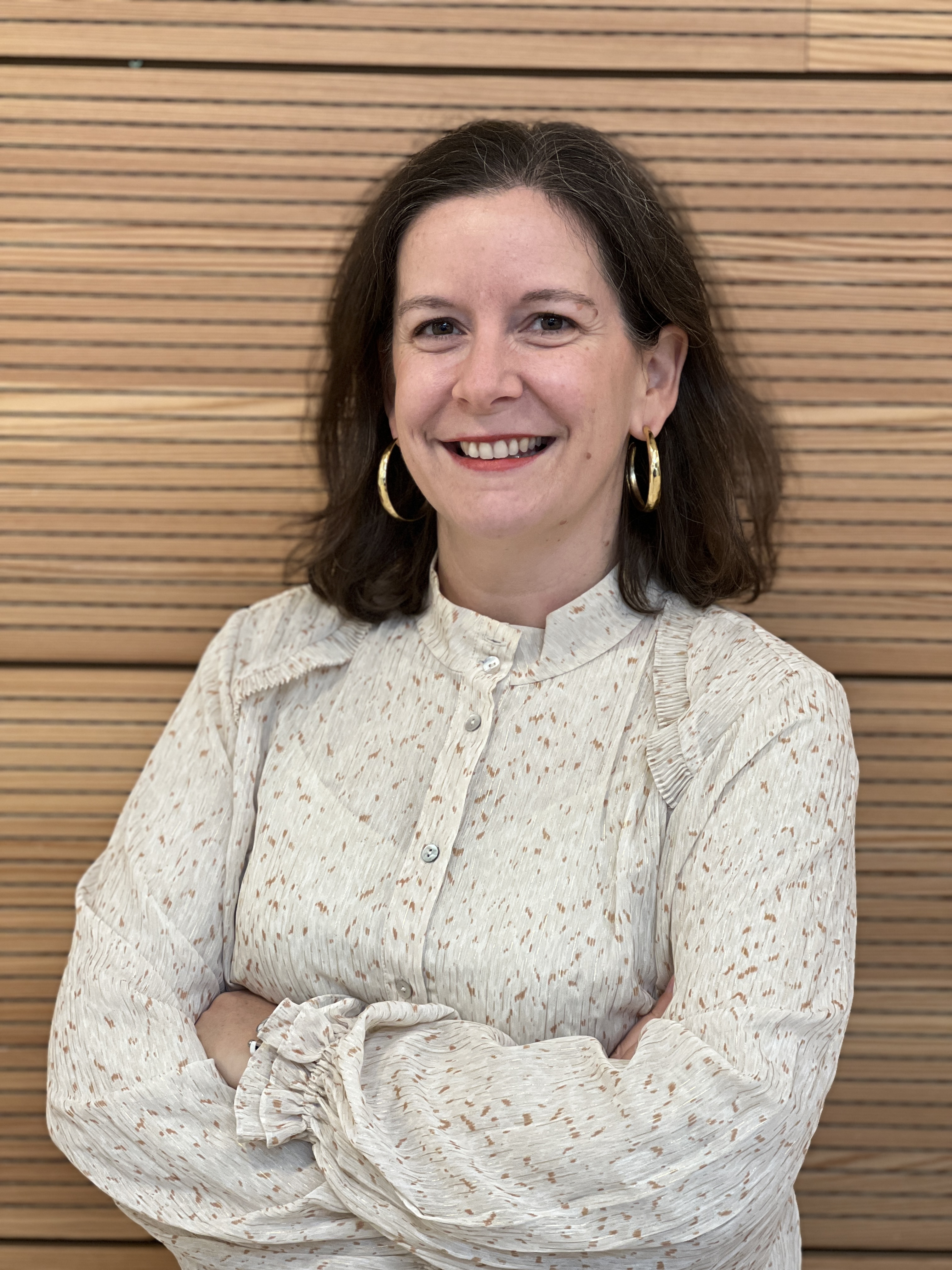Understanding the International Baccalaureate (IB)
When exploring education options during relocation, many expats come across the term "IB" for the first time. In this article, Sophie Bessin-Py, from St. George’s, The British International School, offers a guide to the IB programmes, helping you understand their structure, their terminology and the opportunities they open up.
The International Baccalaureate (IB) was established in 1968 in Switzerland and is a non-profit organisation that provides an internationally recognised education. Working with 5.800 schools in 160 countries, the IB helps its students develop into knowledgeable, curious and caring young people, who want to strike out and change the world for the better.
Understanding the International Baccalaureate (IB) programmes
The IB Curriculum Schools offering IB programmes must meet rigorous standards to qualify as IB World Schools. Many implement the IB approach throughout all stages of education:
- Primary Years Programme (PYP: ages 3-11)
- Middle Years Programme (MYP: ages 11-16)
- IB Diploma Programme (IBDP: ages 16-18)
- IB Career-related Programme (IBCP: ages 16-18)
Some schools only provide the IB programme at the upper secondary level, offering complementary programmes that prepare students for the IB Diploma. For instance, British international schools abroad may follow the British curriculum up to the age of 16, offering the British IGCSE (Cambridge International General Certificate of Secondary Education), before students move on either traditional British A-levels or the IB Diploma.
This combination gives students valuable exam experience, instilling in them the necessary skills to manage stress and employ effective revision methods. The IGCSE prioritises fact acquisition and memorisation, an excellent preparation for the critical thinking and inquiry-driven focus of the IB curriculum.
The IB Diploma Programme (IBDP)
The IBDP is a two-year programme that gives its pupils a solid grounding in critical thinking, research and global awareness. It has a holistic approach to education, encouraging students to connect the information that they have learned to real-world contexts and to reflect on their role in both their local and global communities. Teamwork and leadership are both carefully cultivated, ensuring students graduate ready for higher studies and active citizenship.
Students take six subjects (three at higher level and three at standard level) and participate in a compulsory "core" programme, which consists of:
- The extended essay (EE): A 4.000-word research project that develops independent research and writing skills.
- Theory of knowledge (TOK): A course exploring the nature of knowledge, encouraging students to question assumptions and think critically.
- Creativity, activity, service (CAS): A programme balancing academics with personal growth through art, physical movement and community involvement.
The IB Career-related Programme (IBCP)
The IBCP is an alternative programme to the IBDP that combine academic studies with career-focused education. Students take at least two courses from the IBDP, alongside a "CP core" programme and career-related studies. This balance means that students gain academic knowledge, as well as practical experience through hands-on learning.
The IBCP serves a different purpose than the IBDP and is designed for students with clearer career goals. It provides a solid foundation for progression to apprenticeships or university courses, while also equipping students with essential workplace skills.
Global recognition and outcomes
The IB Diploma Programme is both recognised and highly regarded by universities worldwide. Universities know that students who have met the demanding standards of the IB Diploma Programme are well prepared for further study, and will have excellent critical thinking skills and intercultural awareness. Each year, the IB sends student transcripts to approximately 4.500 universities across 110 countries, with popular destinations including the United States, United Kingdom, Germany, Hong Kong and India.
IBDP graduates are often among the highest academic performers and demonstrate exceptional skills in workload management and interdisciplinary thinking. Similarly, the IBCP opens doors to higher education, internships and entry-level roles in specific industries, preparing students for both academic success and practical career paths.
A programme for every learner
The IB is more than just academics. It teaches children to care for others, develop a lifelong love of learning and encourages personal growth even after they leave. Whether students choose the IBDP or the IBCP, both pathways offer distinct strengths, preparing learners to truly engage and change the world they graduate into.
St. George’s, The British International School, is the biggest school group in Germany, with schools in Cologne, Düsseldorf Rhein-Ruhr and Munich. The schools accept students between the age of two and 18, and allow learners to complete IGCSEs and then the IB. St. George’s schools aim to prepare children to lead a life that makes a difference, embracing responsibility, and seeking to influence others positively.



COMMENTS
Leave a comment